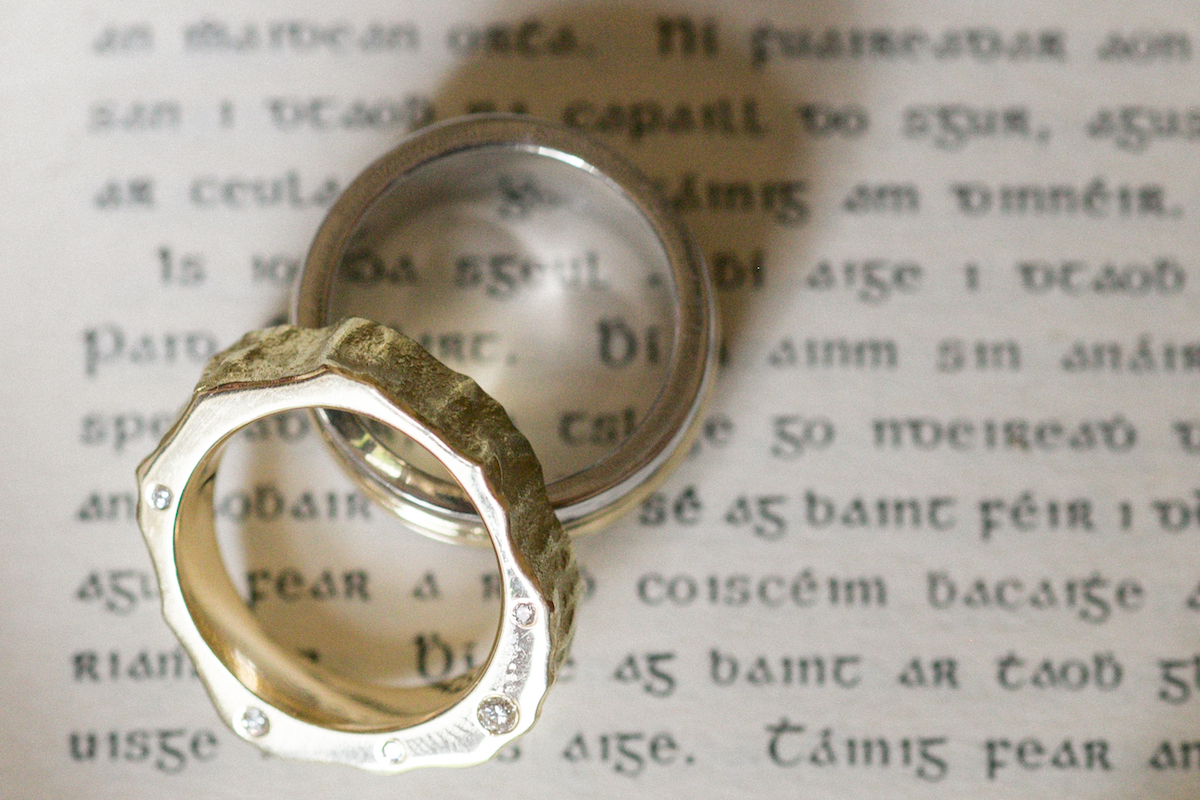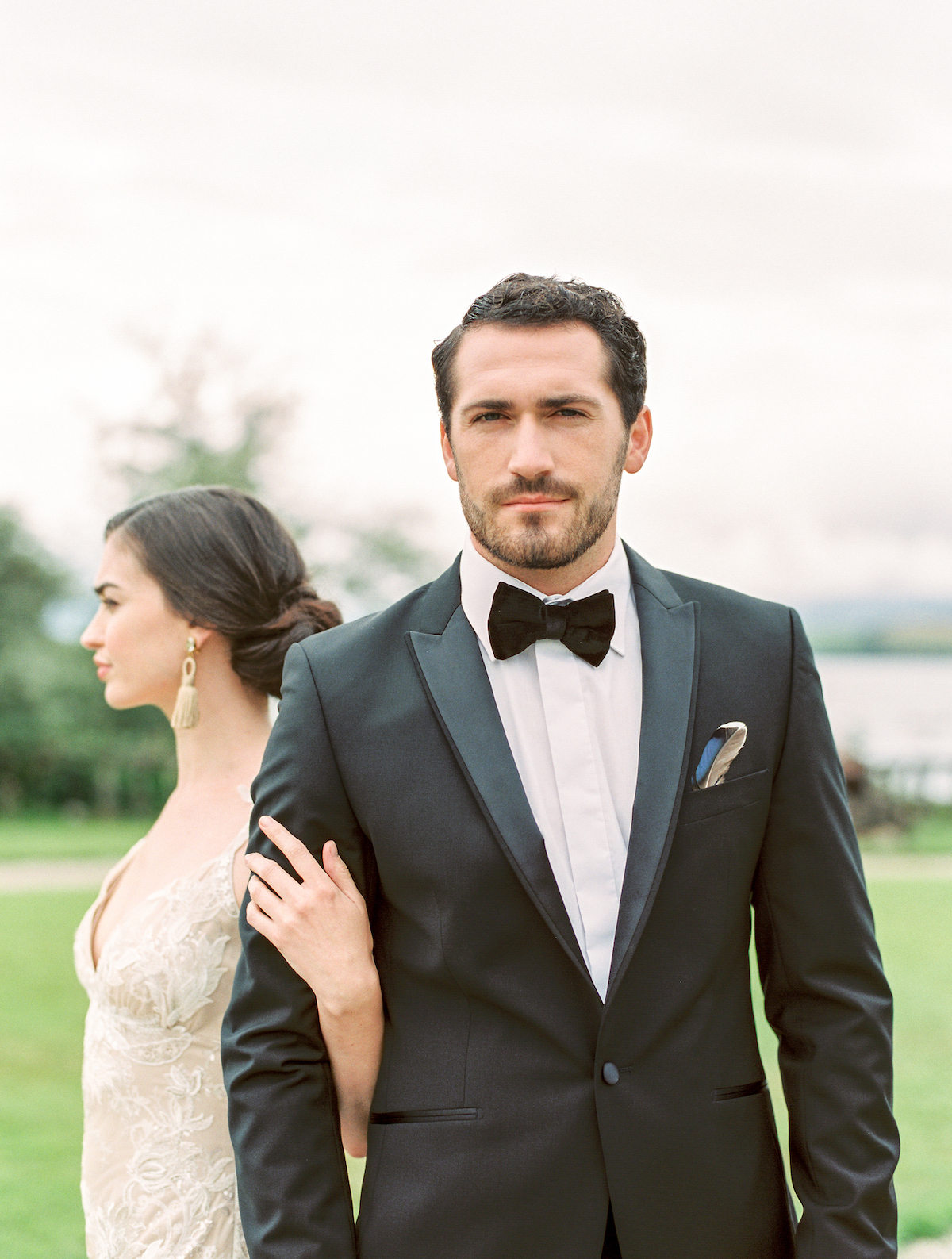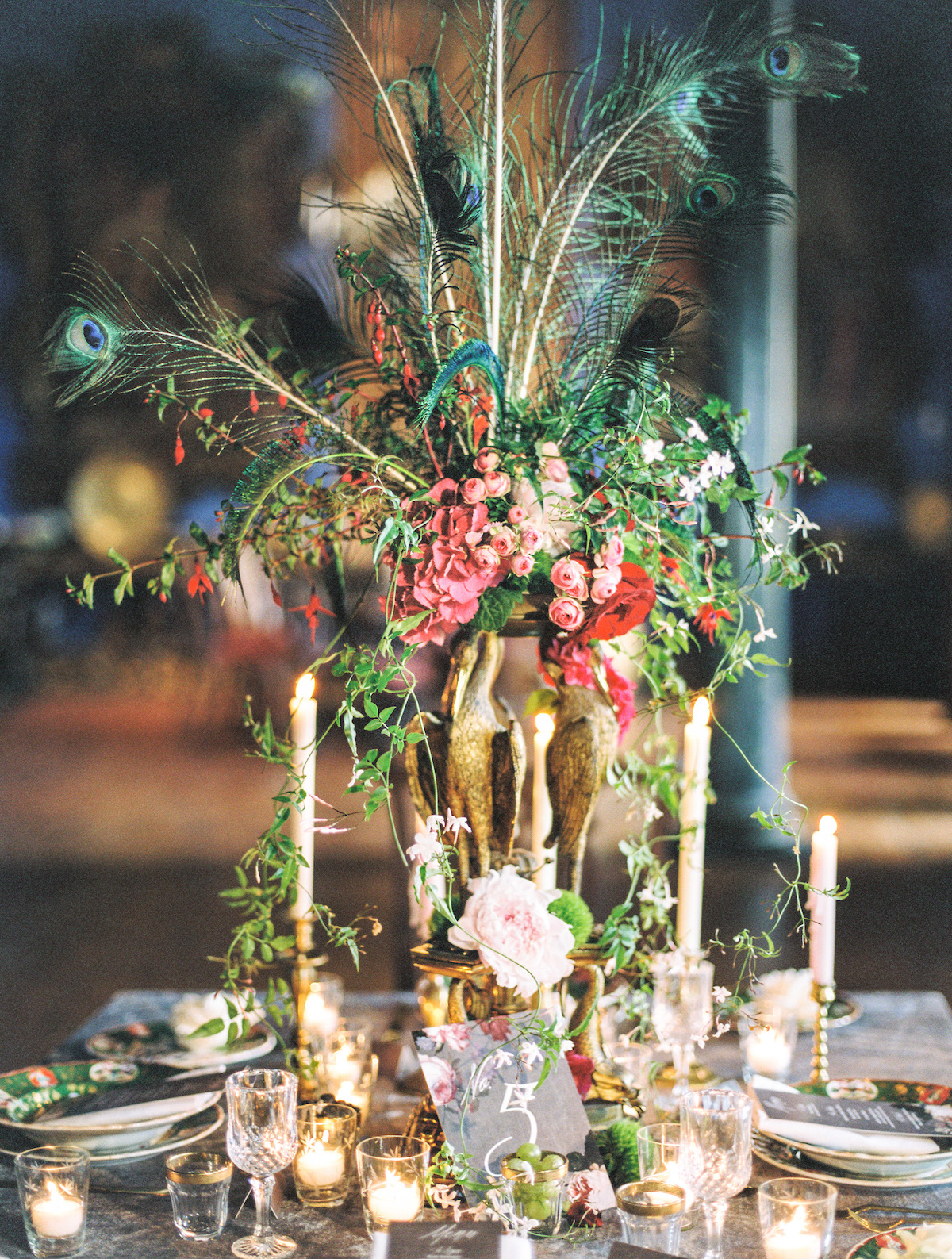
5 Essential Tips for Planning a Wedding in Ireland from Overseas
Ancient castles and stately manor houses, stunning scenery, a rich cultural heritage, friendly people, talented vendors… There are so many reasons why planning a wedding in Ireland is a fabulous idea! But if you’re living abroad, doing all the planning from afar can certainly add to the stress, expense and complications. As an Irish destination wedding planner, I know it can be a little daunting, but I’ve also helped many navigate the challenges of planning a wedding in Ireland from overseas. Whether you’re an Irish couple coming home for your big day or a foreign couple dreaming of a destination wedding, there are a few important things to know as you begin your planning journey.
Take care of the legalities as soon as possible
It’s not the most exciting part of planning a wedding in Ireland, but the sooner you can get the paperwork and legalities out of the way, the better. You will need to give notice of your intent to marry to the registry office by post. This needs to be done at least three months before the wedding date, but it’s a good idea to lodge the paperwork earlier, if possible. You will also need to meet with the registrar and get your Marriage Registration Form five days prior to the ceremony. If only one of you is Irish, the other may have to provide additional paperwork, such as a Certificate of Freedom to Marry, which is issues in your own country and can take several weeks to process. Of course, if you want to save yourself the paperwork, you can choose to have a symbolic rather than a legal ceremony in Ireland.

Embrace technology
When you’re planning a destination wedding from a distance, technology is definitely your friend! From Skype or Zoom consultations with suppliers to virtual venue viewings with drone footage so you can see the whole property, there are more ways than ever now that vendors can keep you up to date. Email and/or Whatsapp are also often useful tools for staying in contact and asking questions. One thing to keep in mind is the time difference. Many vendors are willing to accommodate communication outside the normal working week, but be patient waiting for answers to your emails and respectful about avoiding texting or calling in the middle of the night.
Factor currency exchange and fees into your wedding budget
When planning a wedding, it’s always important to set a budget early on – and stick to it! This can be especially difficult when planning a wedding in another country, because you’ll have to manage expenses in two different currencies (which are subject to fluctuations) and you’ll also have to transfer money across borders. When you’re paying multiple vendors, the fees can really add up! Beyond wire payments and credit card transactions, another option is peer-to-peer currency exchange, which can offer better exchange rates and fees without the paperwork. Explore all your options upfront and allow a little extra in the budget to cover these expenses.

Plan at least one visit before the wedding
While this hasn’t always been possible over the last couple of years, I always advise my clients to make at least one visit to Ireland in person during the planning process. This will allow you to view potential venues in person and meet suppliers face-to-face, which can all help you feel calmer in the lead-up to the big day. If you’re not able to be on the ground at all, make sure you have someone you can trust in Ireland to do some of this for you.
Which brings me to…
Hire a wedding planner
The single most effective thing you can do when planning a wedding in Ireland from overseas is to hire a professional wedding planner from the start. A planner will have a wealth of local contacts, knowledge, and experience. They can also look after the logistics, saving you a lot of time, money, and stress. All of this helps to make the planning process much more enjoyable! And on the day you can relax and be in the moment, knowing everything is being taken care of for you.
Are you planning a wedding in Ireland from overseas? We’d be happy to help – get in touch to start the process!
Slán go Fóill,
Tara
Images by Lisa O’Dwyer




